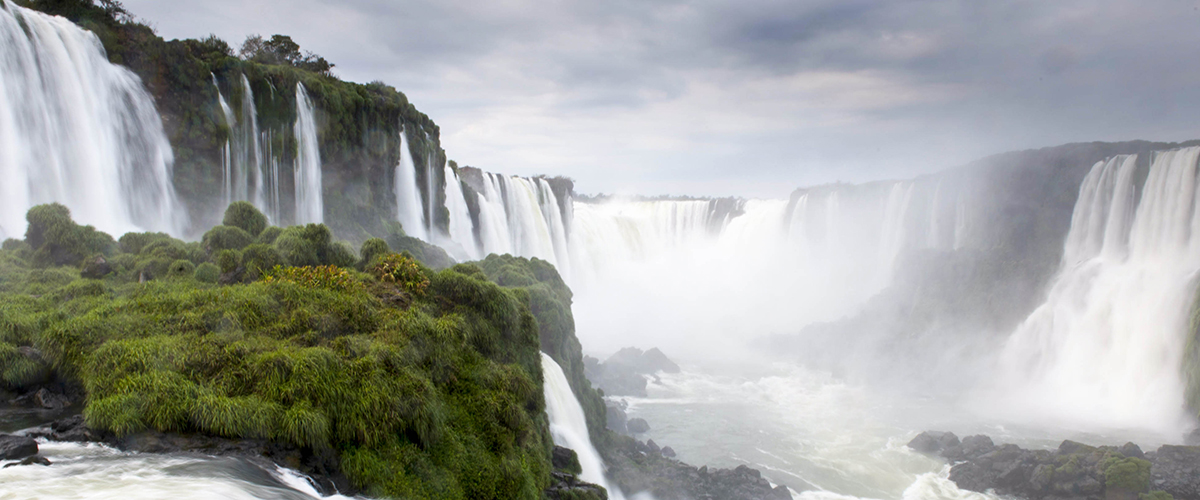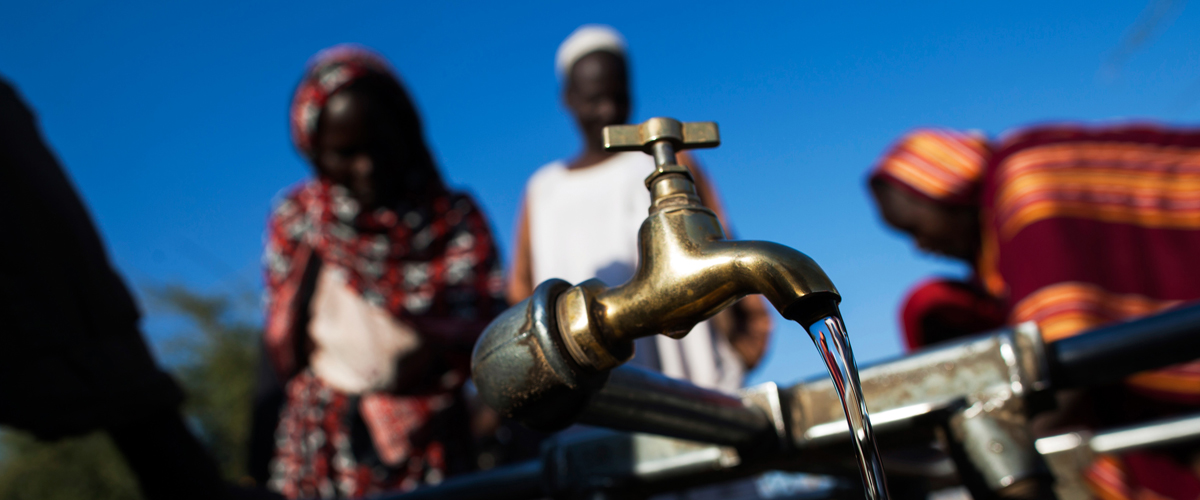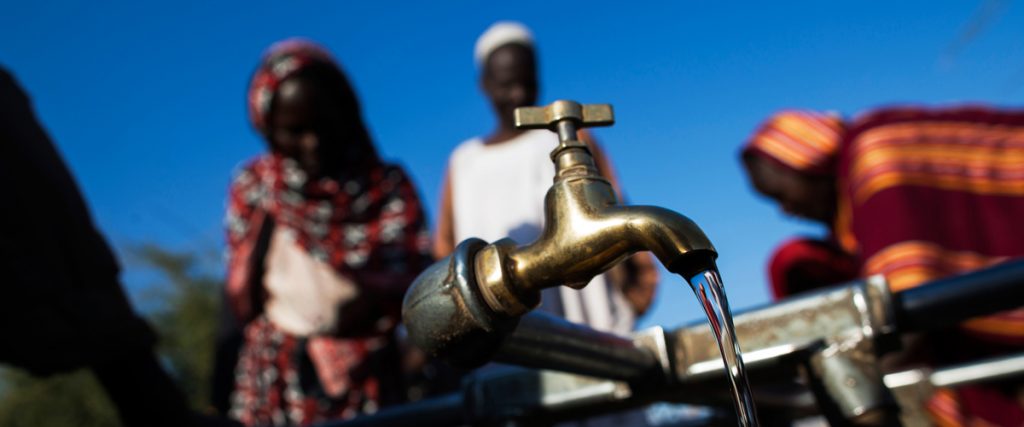
Water is an essential building block of life. It is more than just essential to quench thirst or protect health; water is vital for creating jobs and supporting economic, social, and human development.
Today, there are over 663 million people living without a safe water supply close to home, spending countless hours queuing or trekking to distant sources, and coping with the health impacts of using contaminated water.
2018 Theme: Nature for Water
This year’s theme explores how we can use nature to overcome the water challenges of the 21st century.
Environmental damage, together with climate change, is driving the water-related crises we see around the world. Floods, drought and water pollution are all made worse by degraded vegetation, soil, rivers and lakes.
When we neglect our ecosystems, we make it harder to provide everyone with the water we need to survive and thrive.
Nature-based solutions have the potential to solve many of our water challenges. We need to do so much more with ‘green’ infrastructure and harmonize it with ‘grey’ infrastructure wherever possible. Planting new forests, reconnecting rivers to floodplains, and restoring wetlands will rebalance the water cycle and improve human health and livelihoods.

In the Shangil Tobaya IDP camp in Darfur, Sudan, people have access to water only two hours in the morning, not enough time for all to be fully provided. UN Photo/Albert González Farran
Background
International World Water Day is held annually on 22 March as a means of focusing attention on the importance of freshwater and advocating for the sustainable management of freshwater resources.
An international day to celebrate freshwater was recommended at the 1992 United Nations Conference on Environment and Development (UNCED) in Rio de Janeiro. The United Nations General Assembly responded by designating 22 March 1993 as the first World Water Day.
The United Nations General Assembly adopted resolution A/RES/47/193 of 22 December 1992 by which 22 March of each year was declared World Day for Water, to be observed starting in 1993, in conformity with the recommendations of the United Nations Conference on Environment and Development (UNCED) contained in Chapter 18 (Fresh Water Resources) of Agenda 21.
States were invited to devote the Day, as appropriate in the national context, to concrete activities such as the promotion of public awareness through the production and dissemination of documentaries and the organization of conferences, round tables, seminars and expositions related to the conservation and development of water resources and the implementation of the recommendations of Agenda 21.
Why a World Water Day?
World Water Day is an international observance and an opportunity to learn more about water related issues, be inspired to tell others and take action to make a difference. Each year, UN-Water — the entity that coordinates the UN’s work on water and sanitation — sets a theme for World Water Day corresponding to a current or future challenge. The engagement campaign is coordinated by one or several of the UN-Water Members with a related mandate.

